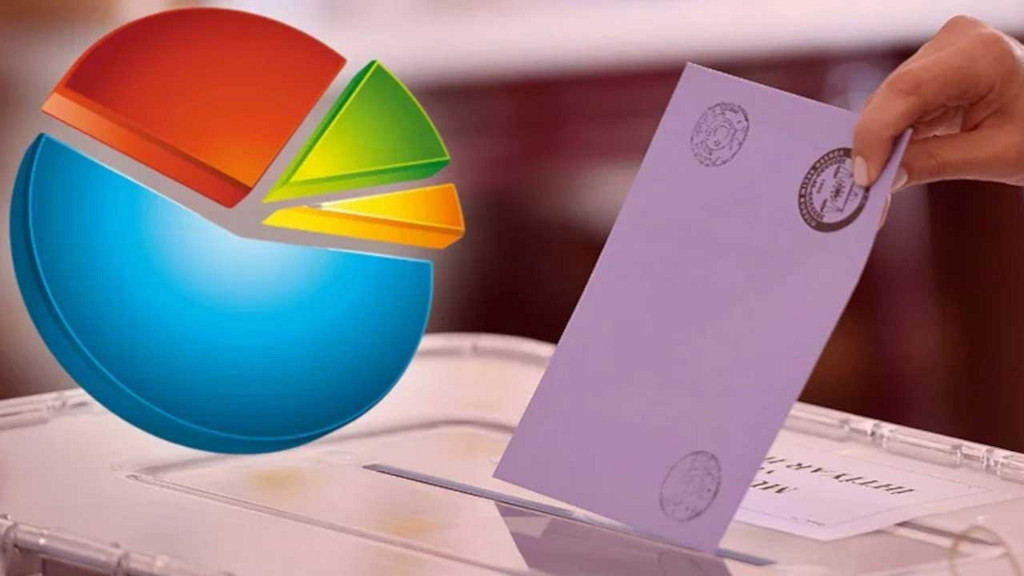A survey conducted by the ORC Research Company has revealed that support for Turkey’s ruling Justice and Development Party (AKP) dropped below 30 percent after the country was hit by several powerful earthquakes last month, the Sözcü daily reported.
ORC General Manager Mehmet Pösteki, who talked to Sözcü about the results of the survey, said although there had a slight increase in AKP support before two powerful earthquakes hit the country’s south on Feb. 6, it decreased to 29.1 percent after the earthquakes. It had stood at 30.2 percent in a January survey.
ORC conducted its latest survey between Feb. 17-21 across 45 Turkish provinces.
President Recep Tayyip Erdoğan and his government have attracted widespread criticism from earthquake victims as well as opposition politicians due to what they claim was their poor response to the tragedy. They said the government’s failure to prepare the country for earthquakes and its failure to coordinate search and rescue efforts in an effective and timely manner led to the huge death toll, which currently stands at more than 45,000.
Support for the AKP’s election partner, the far-right Nationalist Movement Party (MHP), was 5.4 percent, below the country’s newly set election threshold of 7 percent.
The AKP and MHP along with the small Grand Unity Party (BBP) form the Public Alliance against an opposition bloc of six parties, known as the Nation Alliance.
Within the opposition bloc, support for the main opposition Republican People’s Party (CHP) stands at 23.5 percent in the ORC survey, while it is 19.5 percent for the İYİ (Good) Party. Support for the pro-Kurdish Peoples’ Democratic Party (HDP), which is not in the opposition alliance, is 8.1 percent.
Erdoğan announced on Wednesday that Turkey would hold presidential and parliamentary elections on May 14 as scheduled despite the earthquakes.
There was speculation about the postponement of the elections since the earthquake region is still suffering strong tremors that make the likelihood of campaigning in the area extremely unlikely.

